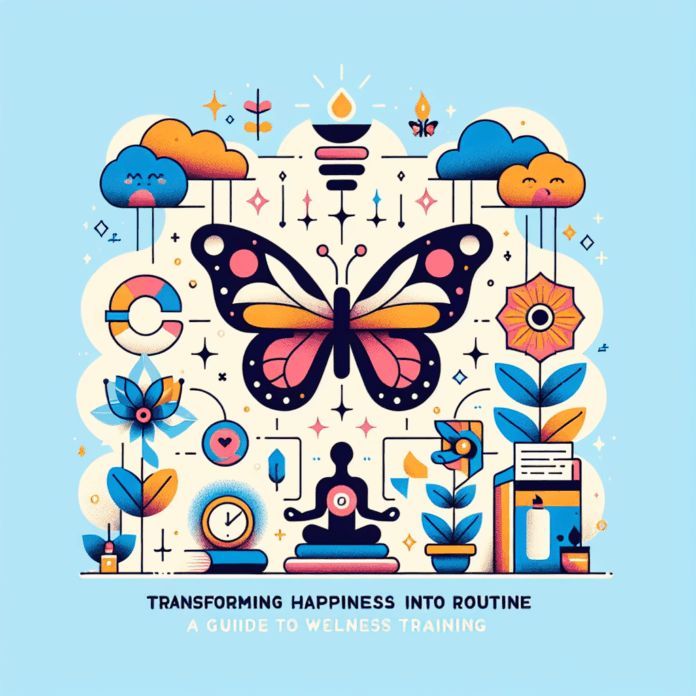The psychiatrist Javier Quintero has announced his new book "How Are You? 21 Days to Create the Habit of Being Happy," designed to offer tools and reflections that guide readers toward their own solutions in the pursuit of emotional well-being. Quintero's proposal centers on four essential pillars: environment, impact, coping, and internal communication.
During the presentation event, Quintero, who is head of the Department of Psychiatry and Mental Health at Infanta Leonor University Hospital and professor of Psychiatry at the Complutense University of Madrid, highlighted how the environment influences personal balance. In this first pillar, it invites readers to identify the elements in their environment that nourish or wear down their energy, suggesting prioritizing those that promote well-being.
The second pillar, the impact, addresses the mind-body connection, emphasizing the need to pay attention to internal signals to manage emotions effectively. Here, the coping technique becomes crucial for facing adverse situations, suggesting adjusting expectations and adopting a flexible approach to transform challenges into opportunities.
Internal communication, the fourth pillar, examines personal dialogue. The book teaches how to recognize and modify limiting beliefs, facilitating better self-reflection and personal development. Addressing the question "How are you?" with sincerity becomes a vital step toward recognizing emotions and making healthy decisions.
The businessman Juan Villalonga joined Quintero in the presentation, emphasizing that happiness is an active construction that requires awareness and daily practice. The work suggests working in areas such as time management and resilience, seeking to reflect a positive impact that improves quality of life.
Over the course of 21 days, Quintero invites readers on an introspective journey where they can train their emotions and establish healthier relationships with their surroundings and with themselves. The book is presented not only as a practical resource, but as a guide toward holistic well-being, reaffirming that true change lies in the hands of every individual.



